Does a Weak Core Cause Low Back Pain?
If you were to talk to 20 different clinicians (Chiropractors, Physical Therapists, MD’s, Psychologist, Personal Trainers, etc.) you would likely get 20 different answers as to where your low back pain is coming from. These could include degeneration of your spine, leg length discrepancy, genetics, a weak core, a glute that won’t turn on, a poor diet, or even the belief that it is all in your head. When we are searching for answers to pain and disability, we will often believe anything we hear if it comes from someone with some credentials after their name (DC, PT, DO, MD) because we are seeking the “why”- the one reason why you are experiencing pain, so we can find the one solution to get you out of your current state. However, this often creates more problems and frustrations than solutions, and this often falls because a thorough history and exam was not performed.

One of the more common proposed “causes” of low back pain is a weak core. This may lead you down a path of endless planks, dead bugs, bird dogs, and Palloff presses, often with minimal return on investment. Furthermore, research tells us that those with pain often have overactive musculature in the “core”, not less active. Additionally, how do we even measure core strength? Often, it is arbitrary – the ability to maintain a plank for 1 minute, or deadlift 2x your body weight. But even the strongest people in the world have pain, so there is a disconnect there.
What can we take from the current literature on where one’s low back pain is coming from? Well, first and foremost, pain is multifactorial. It is correlated with poor sleep and diet, sedentary lifestyles, lack of exercise, or even poor programming in those that do exercise, mental health issues, poor work life balance and a lack of positive social community. Notice what is not listed… core strength.
So, is strengthening your core pointless?
Of course, not; you can’t go wrong with strong, as they often say. Getting stronger will most certainly better prepare you to tackle your day, to carry those groceries up your stairs, to pick up your child day-in and day-out, or quickly run to catch a bus. All these activities present an injury risk but with a body better prepared for those stressors, you are less likely to get irritated in these situations. What happens if you are active, exercise regularly, and have a body prepared for the rigors of life and you still have pain? That is where a thorough history and exam are essential.
What can an exam expose?
Utilizing a McKenzie assessment, we can determine if there is a joint or soft tissue that is irritated and just requires some simple end-range movements to address the pain. Furthermore, knowing the mechanical nature of the condition can help empower the patient to learn the things (postures, activities, stretches) that can be irritating or perpetuating your condition, preventing full resolution. A thorough history can highlight if an unhealthy lifestyle, lack of sleep, poor diet is decreasing your bodies resiliency to daily mechanical stressors. Investigating your mental and emotional state can help identify if your pain is more centrally driven, where your body may have an overactive alarm system creating pain. Or potentially if the pain is simply a signal from your brain that you need to reassess your current life and address your mental and emotional health. These are all examples where core strength can be helpful to improve but often will not fully address the issue because it isn’t addressing the primary obstacles to improvement.
You can’t fix a joint issue with strength. You cannot fix a lifestyle issue with a specific stretch. You cannot fix a mental-emotional issue with exercise. But, getting stronger can be beneficial for all of these in the right dose and right situation.

Things To Take Away from This Post
- Low back pain has diverse cause, with varying opinions among clinicians such as degeneration, genetics, weak core, or psychological factors.
- The commonly suggested cause of a weak core might lead to excessive exercises with limited effectiveness, as research shows pain often correlates with overactive core muscles.
- Current literature emphasizes that low back pain is multifactorial, related to sleep, diet, lifestyle, exercise, mental health, and social factors, with core strength not being a primary contributor.
- Strengthening the core is valuable for overall well-being and injury prevention, but it may not be the sole solution for persistent pain; a comprehensive history and exam are crucial for accurate diagnosis.
- Examining specific mechanical aspects, like a McKenzie assessment, helps identify and address joint or soft tissue issues, empowering patients to manage factors that perpetuate their condition beyond strength core.
Latest posts
Stay connected!
Join our newsletter for regular updates from our team of experts.

Leave A Comment